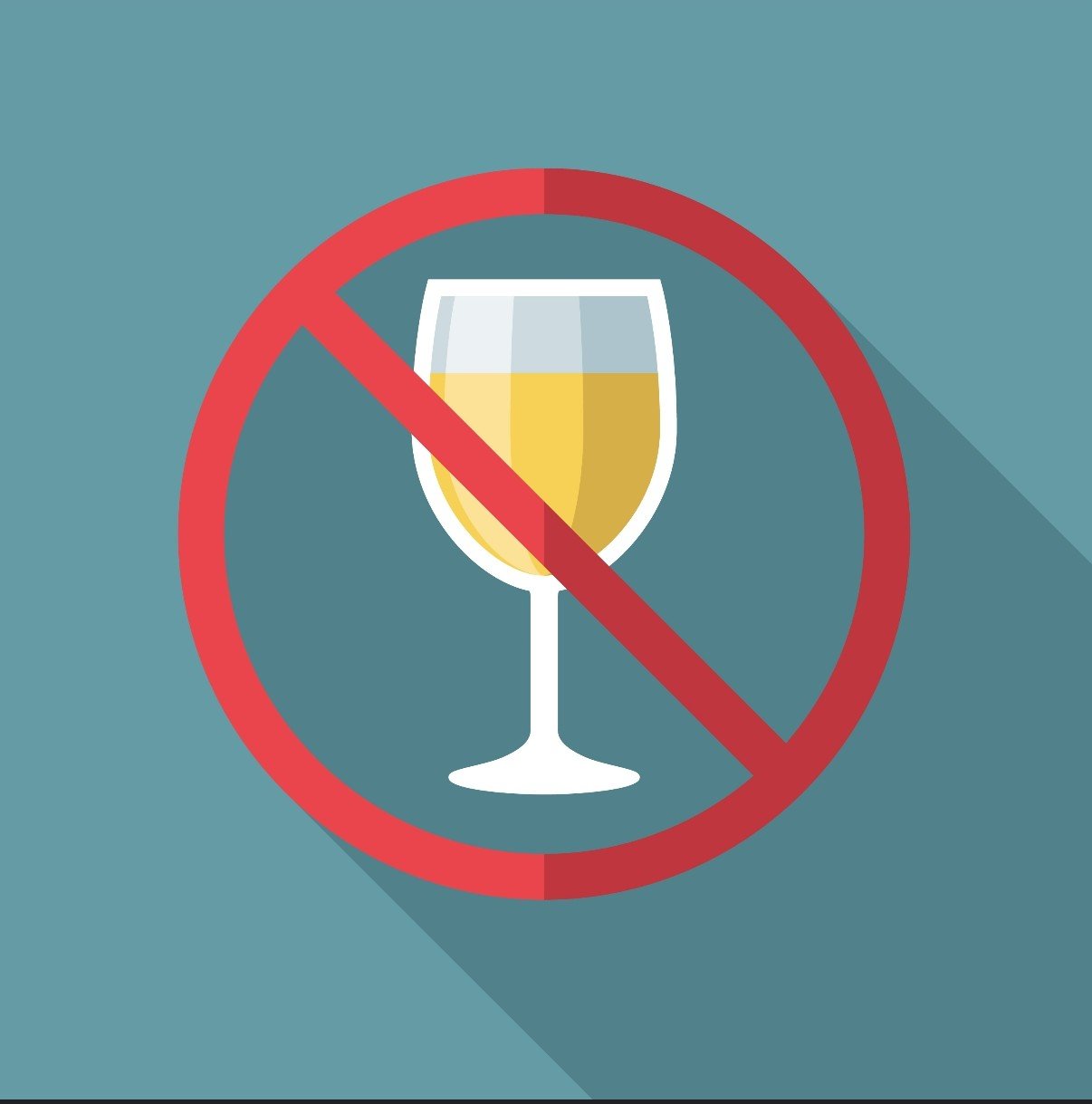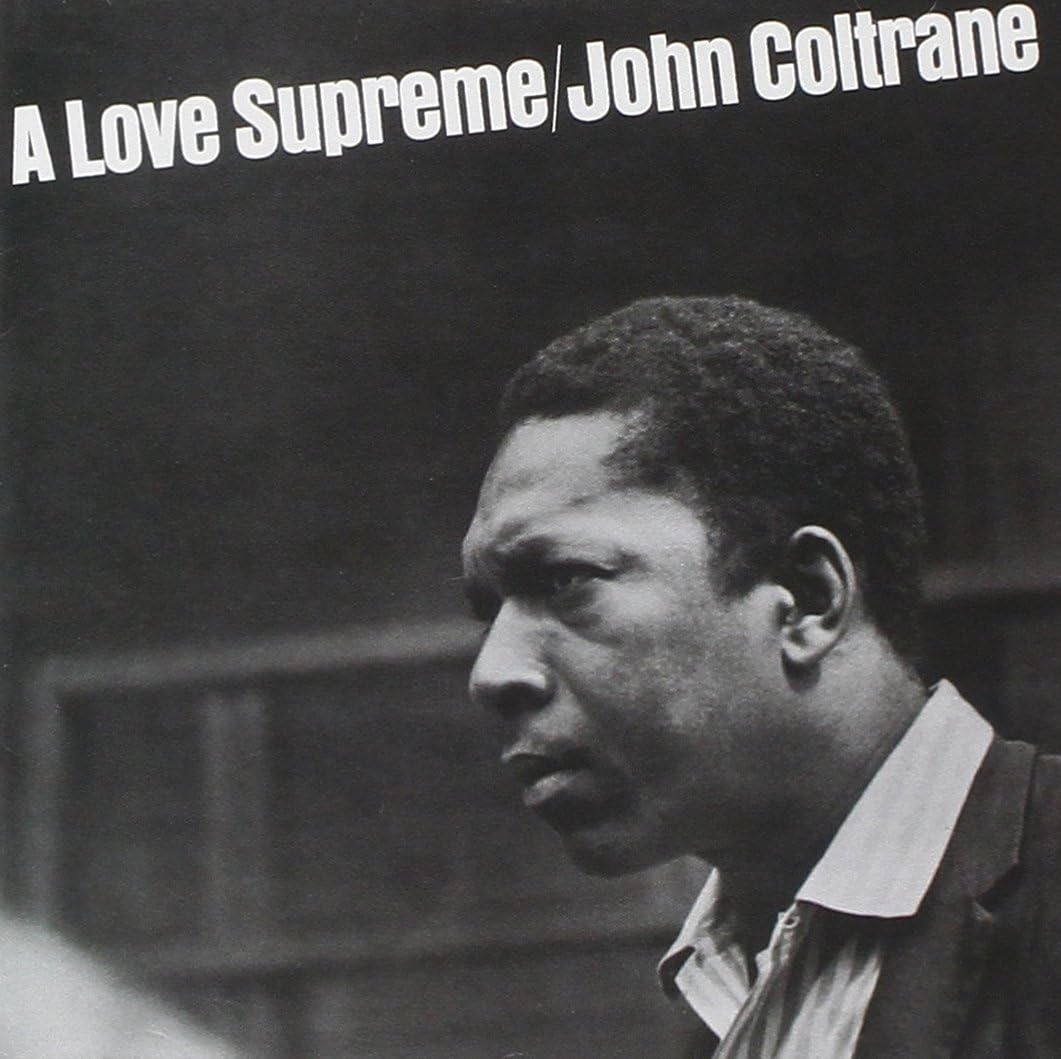

My go to is usually club soda when I’m out and SodaStream at home. I don’t like mock tails because I don’t want the sugar and could care less what other people think of me being sober. Most bartenders don’t even charge you, but I tip as if I was drinking.
This is just my personal experience, but drinking less was worse for me than drinking more. It can take 10 days for alcohol to leave your system so if your going to have drinks more frequently than that you’re just punishing yourself with constant withdrawal and anxiety cycles. After reading This Naked Mind it really changed my views on alcohol and I realized I was way better quitting entirely. I’m over five years sober and don’t regret a single day.




It’s clearly past it’s 2010 expiration date on the bottom…
(JK these things last forever)
Also, after you clean it up, run a few brews through because the cleaning can bring out some bad aluminum taste that a seasoned moka pot coated with oils doesn’t have.